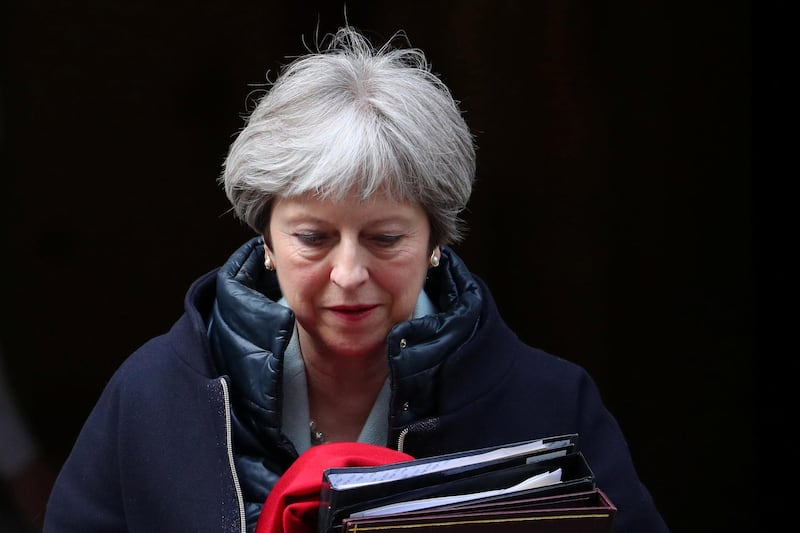The mass expulsions by many nations of Russian diplomats on Monday over the poisoning of a former double agent in Britain is a diplomatic victory for Prime Minister Theresa May despite tensions between the UK and its European Union counterparts, commentators claimed.
Foreign Secretary Boris Johnson, a vocal proponent of the Brexit project, hailed an "extraordinary international response", while Mrs May said the measures showed "great solidarity" between the UK, the EU and Nato.
“Together we have sent a message that we will not tolerate Russia’s continued attempts to flout international law and undermine our values,” the PM told parliament.
“As a sovereign European democracy, the United Kingdom will stand shoulder to shoulder with the EU and with Nato to face down these threats together,” she said.
The US expelled 60 alleged Russian agents.
Sixteen EU countries have so far expelled Russian diplomatic staff after Britain urged allies to respond to the poisoning of double agent Sergei Skripal and his daughter Yulia by removing 23 Russian diplomats.
_______________
Read more:
[ Cambridge Analytica scandal: UK tells tech giants to simplify data policies for users ]
_______________
At an EU summit last week, Mrs May persuaded member states to agree with Britain's assessment that it was "highly likely" Russia was to blame for the nerve agent poisoning of Skripal and his daughter in the English city of Salisbury.
Britain said the chemical agent used in the attack was “of a type developed by Russia”.
EU leaders at the summit agreed to recall the bloc's ambassador from Moscow over the March 4 incident.
After the summit, EU President Donald Tusk said: "In these difficult circumstances I am personally especially pleased that despite the tough Brexit negotiations, the European Union has demonstrated unanimous and unequivocal unity with the UK in the face of this attack."
Russia on Monday accused Britain of “exploiting the factor of solidarity” within Europe and imposing worsening relations on other countries.
“When London withdraws from the EU, it will not be bound by any obligations within the framework of the single foreign policy line,” said foreign ministry spokeswoman Maria Zakharova.
“Depending on its wishes, it can start a game of either rapprochement or growing further apart, while the countries that will remain in the EU will continue to be bound by the conspiracy of anti-Russian solidarity imposed by the British,” she said.
In a speech at a security conference in Munich last month, Mrs May pleaded for an urgent deal with the EU on post-Brexit security cooperation.
"This cannot be a time when any of us allow competition between partners, rigid institutional restrictions or deep-seated ideology to inhibit our cooperation and jeopardise the security of our citizens," she said.
Jan Techau, a Berlin-based analyst for the German Marshall Fund of the United States, a US public policy think tank which describes itself as "a non-partisan, non-profit organisation", said Monday’s response presaged continued cooperation on common security and defence concerns whatever the status of Brexit negotiations.
“Since immediately after the Brexit vote, it has been made clear again and again by both the UK and the EU that security would still be considered a shared concern and that both sides would coordinate and cooperate very closely,” he said.
Anand Menon, European politics professor at King’s College London and an associate fellow of Chatham House, the UK think tank, agreed that the response did not depend on Brexit.
“Whether we have Brexit, whether we don’t have Brexit, Russia has been shown to have used aggression on the territory of a member state and member states react.”
“I don’t think it’s got anything to do with Brexit... This is just geopolitics,” he said.






